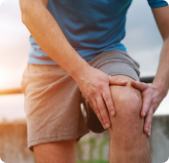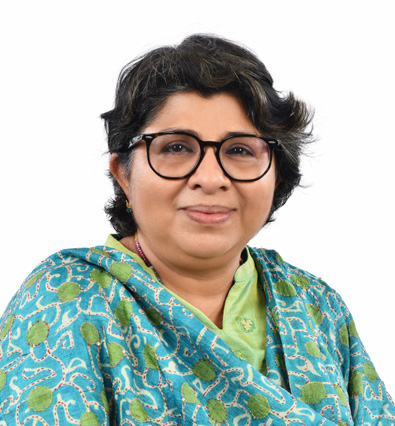Library
BCM-95® (CURCUGREEN®), 07 Aug 2021
Efect of curcumin supplementation on serum expression of select cytokines and chemokines in a female rat model of nonalcoholic steatohepatitis
Matthew B. Pickich, Mark W. Hargrove, C. Niles Phillips, James C. Healy, Angelique N. Moore, Michael D. Roberts and Jefrey S. Martin
doi:10.1186/s13104-019-4540-5
Objective: We recently reported that curcumin supplementation in a metabolically (i.e., Western diet [WD]) and chemically (i.e., CCl4) induced female rat model of non-alcoholic steatohepatitis (NASH) was associated with lower liver pathology scores and molecular markers of infammation. This occurred when curcumin was given during induction of disease (preventative arm; 8-week WD with or without curcumin [8WD+C vs. 8WD]) as well as when given after disease development (treatment arm; 12-week WD with or without curcumin during weeks 9–12 [12WD+C vs. 12WD]). Herein, we sought to extend our fndings from that study by determining the efects of curcumin supplementation on cytokine/chemokine expression in serum collected from these same rats.
Results: 24 cytokines/chemokines were assayed. IL-2 (+80%) and IL-13 (+83%) were greater with curcumin supplementation in the prevention arm. IL-2 (+192%), IL-13 (+87%), IL-17A (+81%) and fractalkine (+121%) were higher while RANTES was lower (−22%) with curcumin supplementation in the treatment arm (p<0.05 for all). RANTES concentrations also correlated signifcantly with hepatic pathology scores of infammation (r=0.417, p=0.008). Select serum cytokines/chemokines were afected with curcumin supplementation in this female rat model of NASH.
Moreover, curcumin’s efect(s) on RANTES and its association with liver disease pathogenesis and progression may warrant further investigation.
(https://doi.org/10.1186/s13104-019-4540-5)
Keywords
- Chemokines
- Curcumin
- Cytokines
- Infammation
- NAFLD
- NASH
- study.no.61
- Supplements
- turmeric
Request More Information
Increase your business growth potential with our patented extracts
Let’s collaborate to refine your ideas or built from scratch
Arjuna Natural
Arjuna Natural is India’s leading manufacturer and exporter of standardized botanical extracts for pharmaceutical and nutraceutical industries for more than two decades. Established in 1989, the company has grown...Read More







